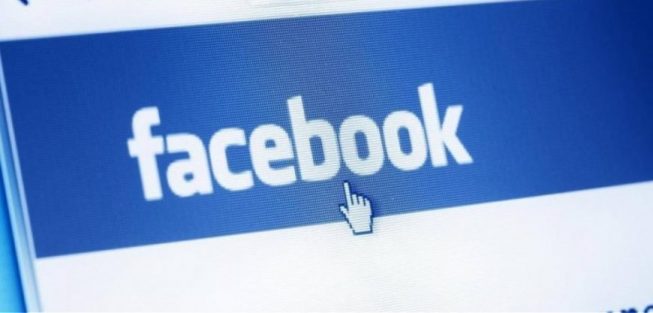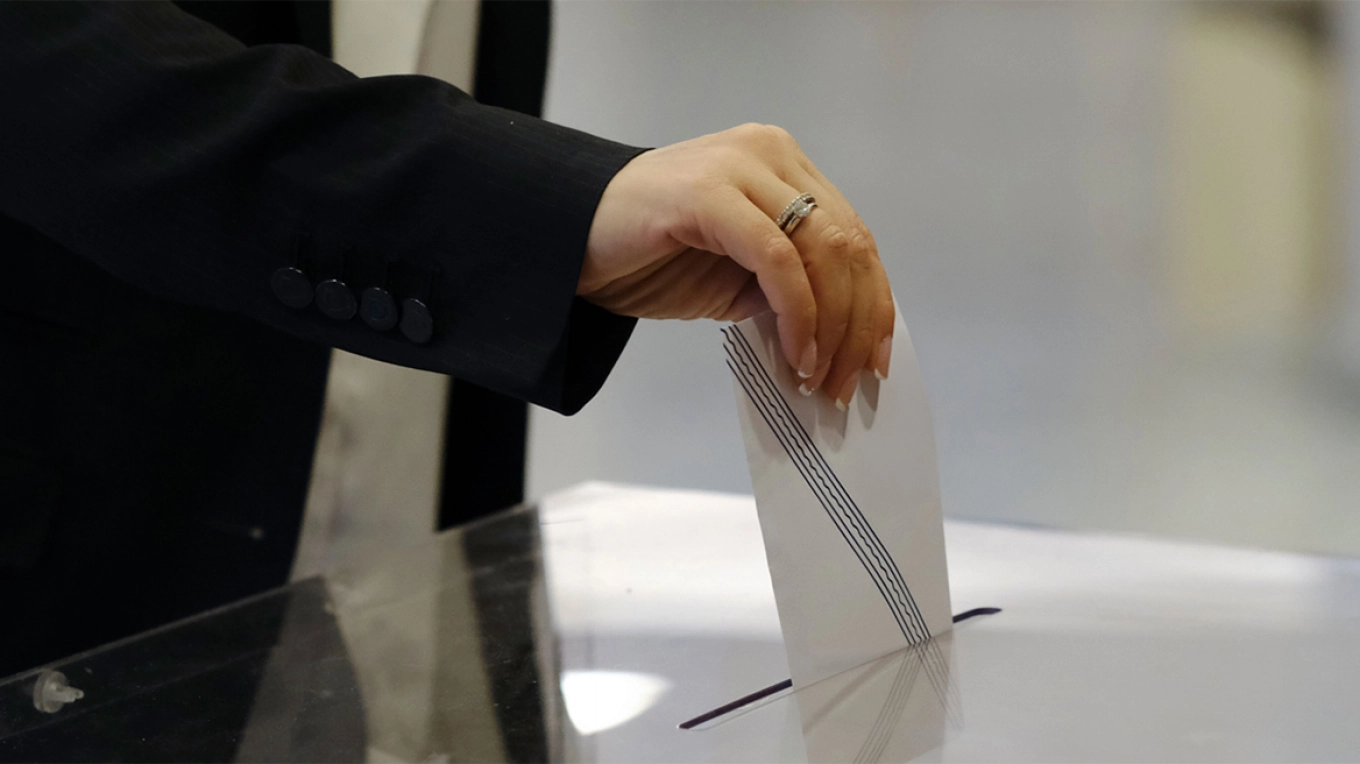Facebook said a recent security breach impacted 30 million users, which is about 20 million less than the company first announced in late September.
Among the 30 million users impacted, 14 million had their names, contact details and sensitive information such as their gender, relationship status and recent place check-ins exposed.
The company also published a webpage where users can check if their accounts were affected by the security breach.
Facebook revealed on Friday that a hack in September allowed attackers to harvest millions of phone numbers and email addresses.
In a blog post, the company wrote:
First, the attackers already controlled a set of accounts, which were connected to Facebook friends. They used an automated technique to move from account to account so they could steal the access tokens of those friends, and for friends of those friends, and so on, totaling about 400,000 people. In the process, however, this technique automatically loaded those accounts’ Facebook profiles, mirroring what these 400,000 people would have seen when looking at their own profiles. That includes posts on their timelines, their lists of friends, Groups they are members of, and the names of recent Messenger conversations. Message content was not available to the attackers, with one exception. If a person in this group was a Page admin whose Page had received a message from someone on Facebook, the content of that message was available to the attackers.
The attackers used a portion of these 400,000 people’s lists of friends to steal access tokens for about 30 million people. For 15 million people, attackers accessed two sets of information – name and contact details (phone number, email, or both, depending on what people had on their profiles). For 14 million people, the attackers accessed the same two sets of information, as well as other details people had on their profiles. This included username, gender, locale/language, relationship status, religion, hometown, self-reported current city, birthdate, device types used to access Facebook, education, work, the last 10 places they checked into or were tagged in, website, people or Pages they follow, and the 15 most recent searches. For 1 million people, the attackers did not access any information.
source: cnbc.com
Ask me anything
Explore related questions





